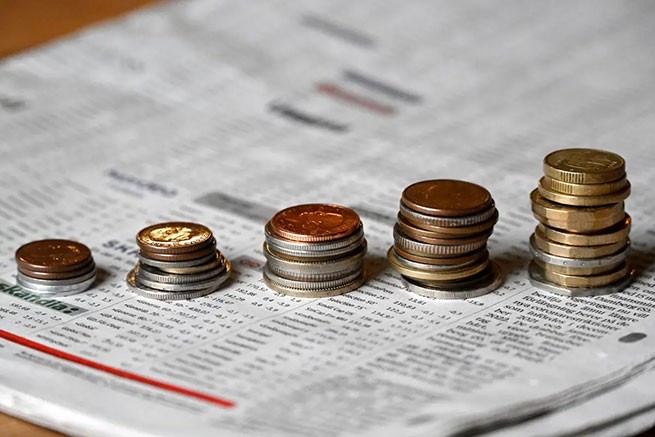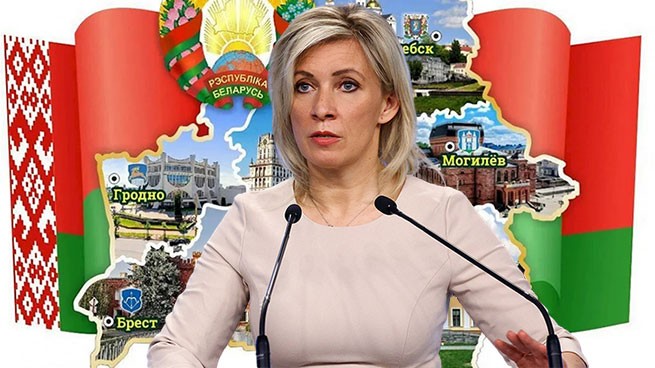By pressing the button, Eurostat increased the country's debt by twelve and a half billion euros. And the serious question arises: what will happen to Greece from 2032, when interest payments on EFSF loans start again?
We are talking about a loan of 96 billion euros that Greece received from the EFSF after the signing of the second memorandum. The interest that will gradually accumulate from 2013 until then will amount, according to the European Commission, to 22 billion euros! According to other estimates, the amount could be up to 25 billion euros! And since, as has been proven in the past, debt dimensions always change for the worse for a country, who knows how much money will have to be repaid.
In 2015, before Syriza signed the third memorandum, the question of the country's exit from the euro was raised. This issue will likely be raised again in 2032, for two very important reasons.
A country that produces practically nothing and waits for tourists every summer to support its existence will not be able to pay off its debt, which is now at a “cosmic” level. In fact, it will have no choice but to default on its debt. This, of course, means leaving the euro.
The second reason is the exorbitant cost of living created by the euro. The euro itself was a disaster for the Greek economy, because Greece did not produce high-tech products to support its manufacturing. When it joined the euro, its agricultural products suddenly became much more expensive than in countries outside the eurozone and countries on other continents.
So we have reached the point where we are consuming lemons from Argentina and potatoes from Egypt… The cost of living has risen to unimaginable heights for a Greek citizen. It doesn't matter what a person's income is, what matters is how much he has to pay to have a decent standard of living.
How much did a Greek receive in 1999 as a basic salary, and how much did he spend? This is a simple question that can be answered with the following figures.
In 1999, the basic salary was 170,000 drachmas, and in 2021 it was 700 euros, or 238,000 drachmas. Of course, in the last two years the Mitsotakis government has raised the basic salary, but this increase has “disappeared” due to inflation.
Tiropita then cost 110 drachmas, today 2 euros or 800 drachmas – more than 7 times growth!
Coffee then cost 300 drachmas, and today it costs 4 euros, that is 1360 drachmas – almost 5 times increase!
Cigarettes then cost 400 drachmas, and today 4.5 euros, i.e. 1400 drachmas, growth by 5.5 times, etc.
In short, the base salary, which has also been increased over the last two years, has increased by 30%, while the cost of living has increased by 400-500%!
In short, 90% of Greeks are not living, they are surviving. How many more years do you think this can go on? And there is no prospect that prices and the cost of living will not continue to rise. Horrible cost of living combined with equally horrific debt.
Eurostat, in implementing the new rules, requires taking into account deferred interest, the amount of which was estimated to be between 12 and 12.5 billion euros at the end of last year, which means that Greece's public debt will now exceed 369 billion euros!
The change is expected to add another 5-6 points to the debt-to-GDP ratio, bringing it to 167.5% (from 161.9% now) in fiscal 2023, and have a similar impact in subsequent years.
This means that in the coming years we can expect higher taxes and the curtailment of social programs…







More Stories
Sweden cuts taxes to boost purchasing power
Ouzo is the flagship of Greece's spirits exports
140 new 'green' buses are running in Athens